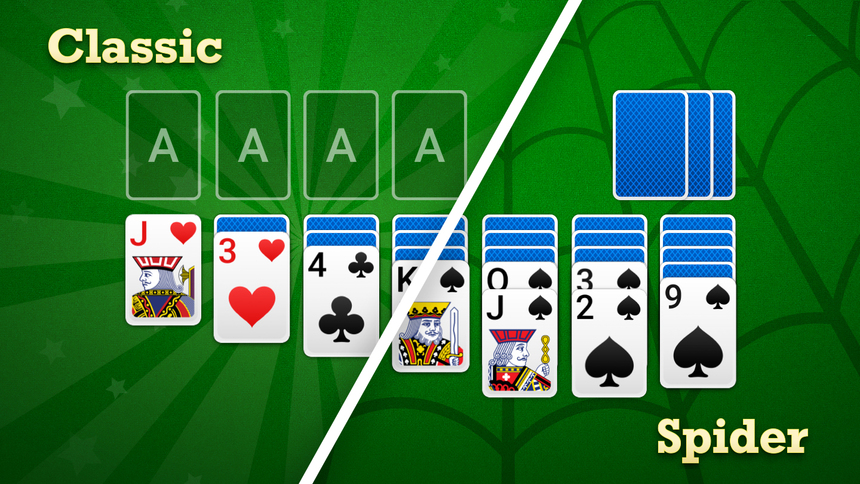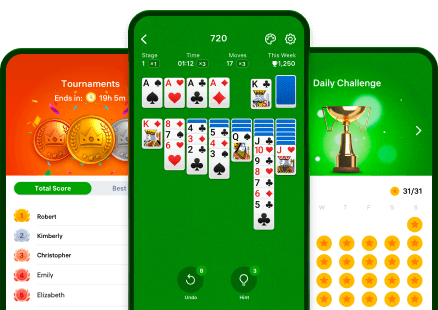Spades Card Game
Spades is a classic trick-taking card game that combines strategy, planning, and a bit of competition. Every round sharpens your mind and decision-making: play it safe or go bold, but miss your bid and you’ll lose points. Spades delivers a satisfying challenge that rewards making smart moves, and gives you a chance to unwind along the way.








